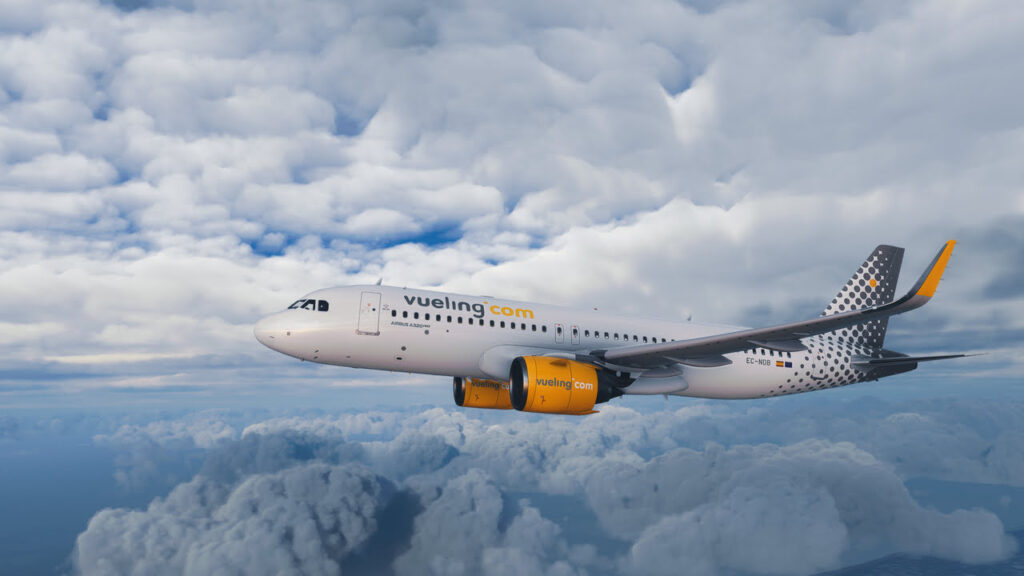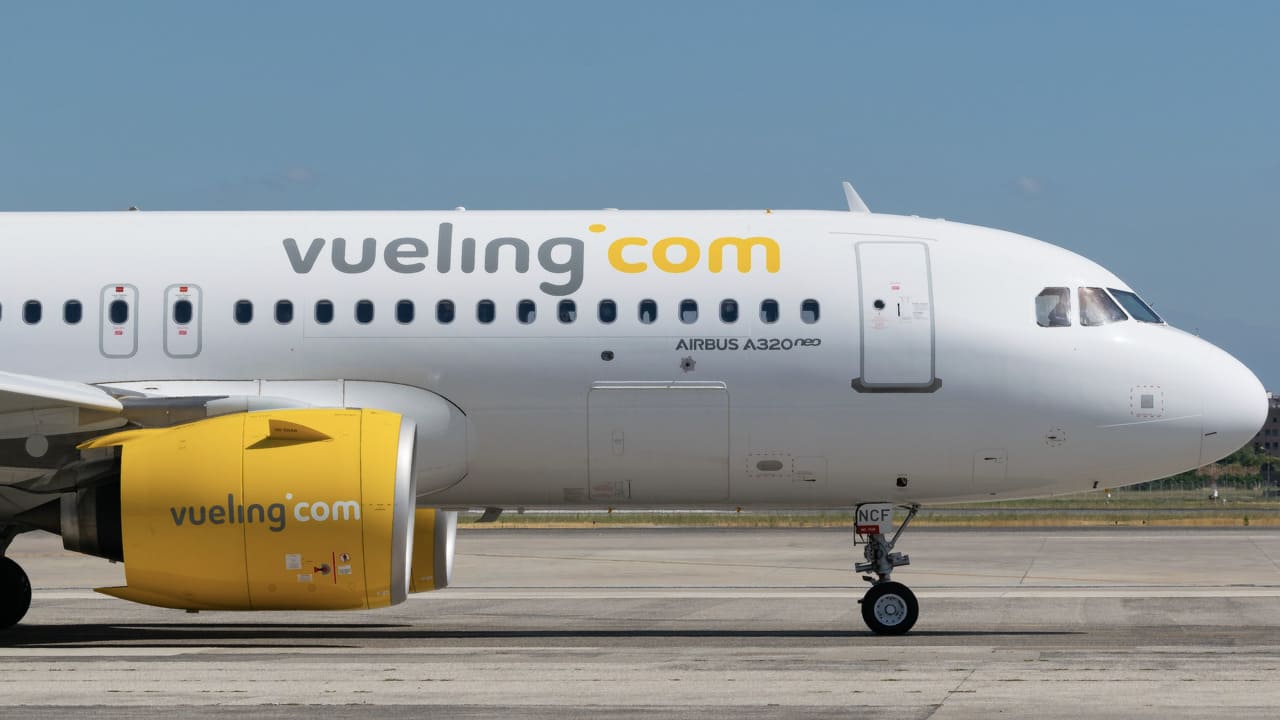Vueling manages to realize its commitment to operational efficiency and sustainability thanks touse of on-board technology for real-time data.
Vueling renews itself and relies on technology
The IAG-owned low-cost airline is currently working with two technology partners to optimize flight operations and monitor initiatives aimed at reduce CO2 emissions. Both partnerships represent crucial milestones in the airline's fuel efficiency program, a key pillar for the airline as it seeks to help create a more sustainable aviation industry.
How Vueling uses weather forecasting technology
Vueling pilots are now combining the real-time weather and wind forecasts with Nav Flight Services' NAVSystem to update their aircraft's descent maneuvers, dramatically improving fuel efficiency by helping them make decisions based on more accurate and up-to-date information than ever before.
This new system, together with more efficient route planning, improved fleet performance and optimized fuel planning, is helping the airline reduce emissions across all of its more than 300 routes in Europe, North Africa and Middle East.


Nav technology
Nav technology is used together withapp Pilot Fuel Efficiency developed by Honeywell. This application further helps pilots calculate CO2 emissions during flight, as well as highlighting the reduction in fuel consumption achieved thanks to data-driven decisions. Additionally, increase pilot situational awareness with airline statistics and best practice indicators for each flight.
The latest innovations are key elements of Vueling's ongoing transformation programme, which is developing more efficient and sustainable practices across all departments of the airline. Together, the two systems will allow you to reduce the CO2 emissions of the Vueling fleet by 2,500 tonnes per year.
Sustainable Aviation Fuel (SAF)
The latest operational improvements follow this summer's announcement that more than 100,000 consumers chose to help by providing the day of their flight Sustainable Aviation Fuel (SAF)sustainable aviation fuels, a number that has more than doubled by the end of 2023. SAFs contribute to the reduction of CO2 emissions by up to 80% compared to traditional fuels and will potentially play a crucial role in the decarbonisation of the the aeronautical industry.
















Leave a Reply
View Comments